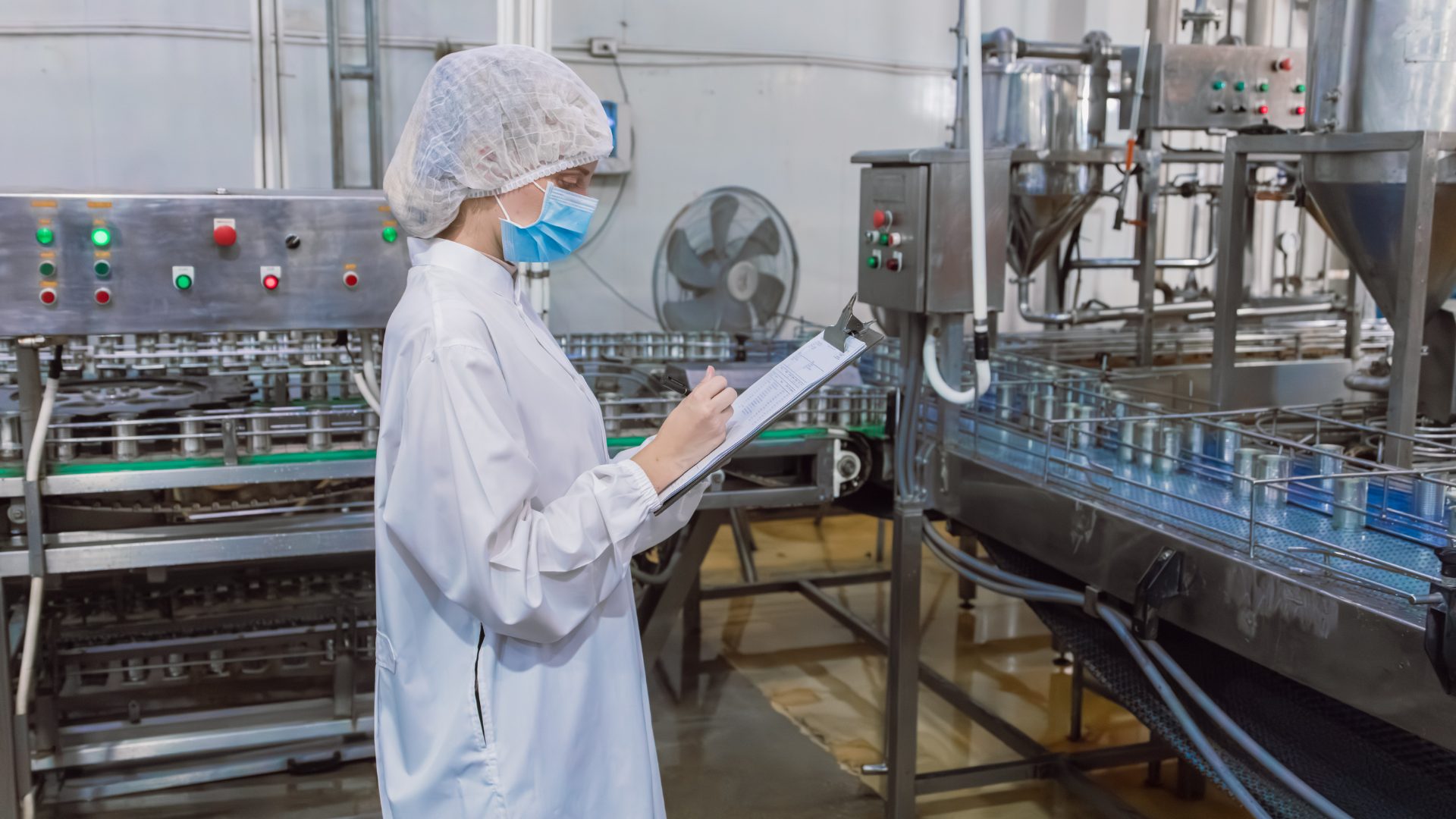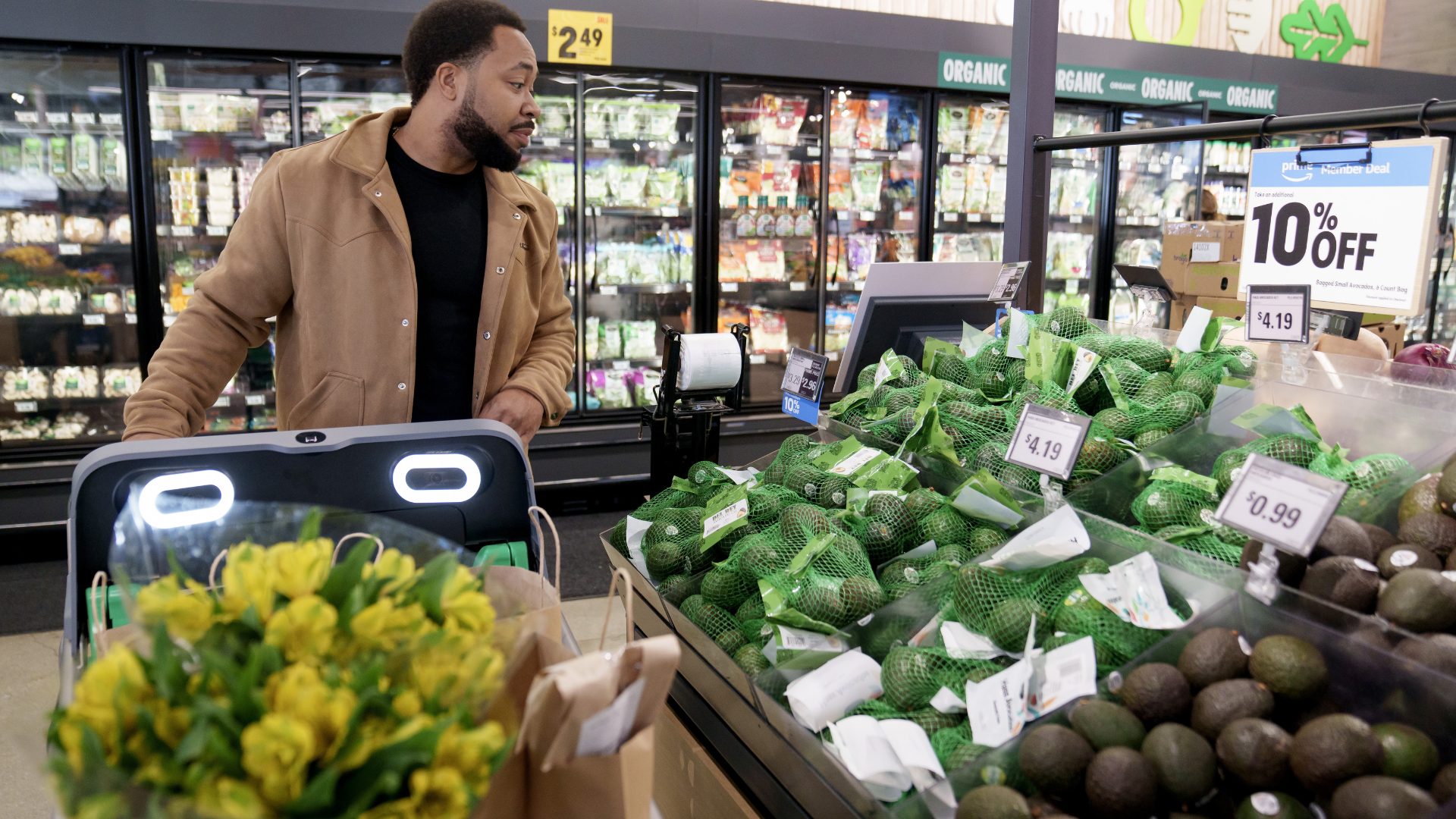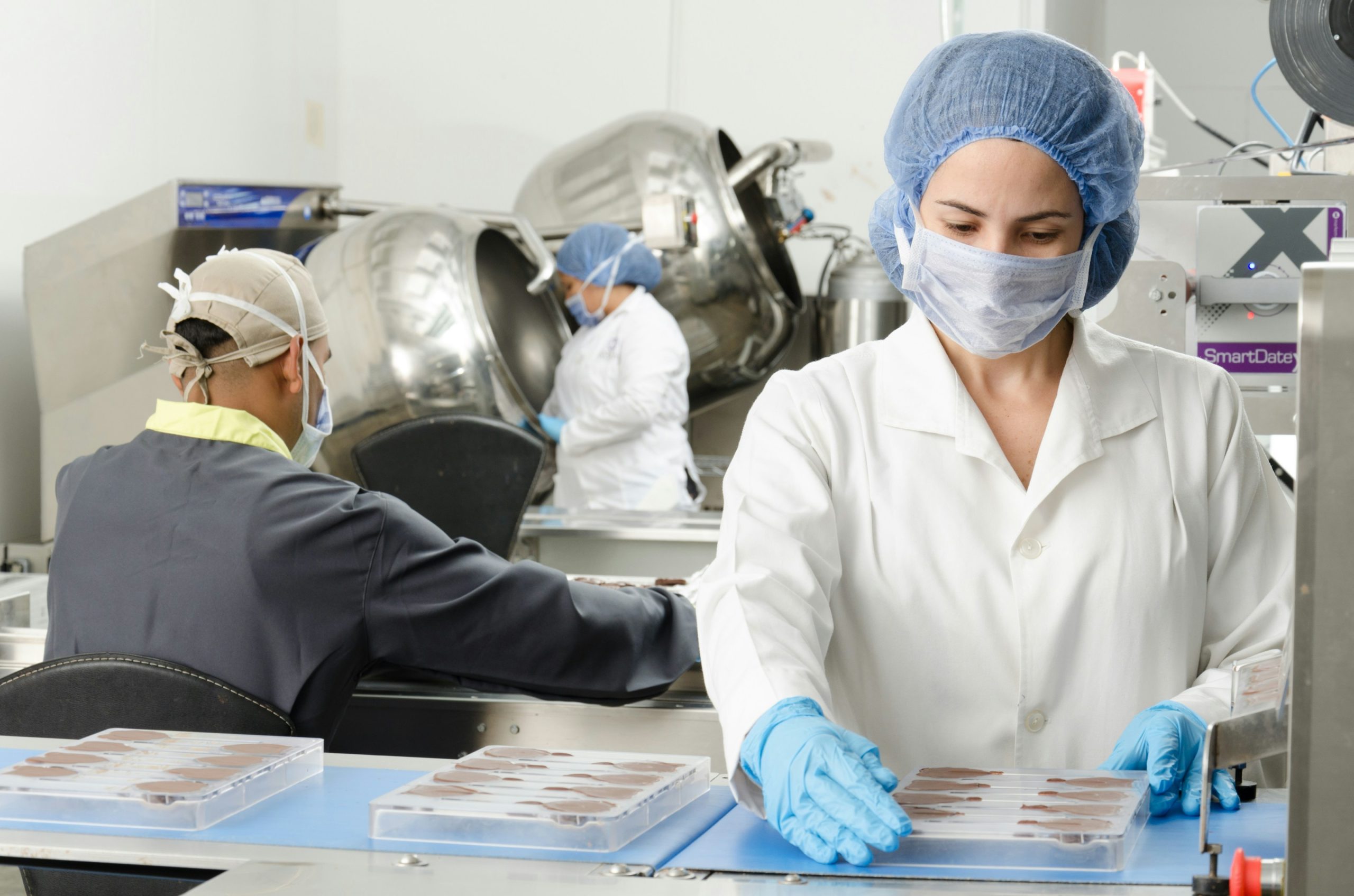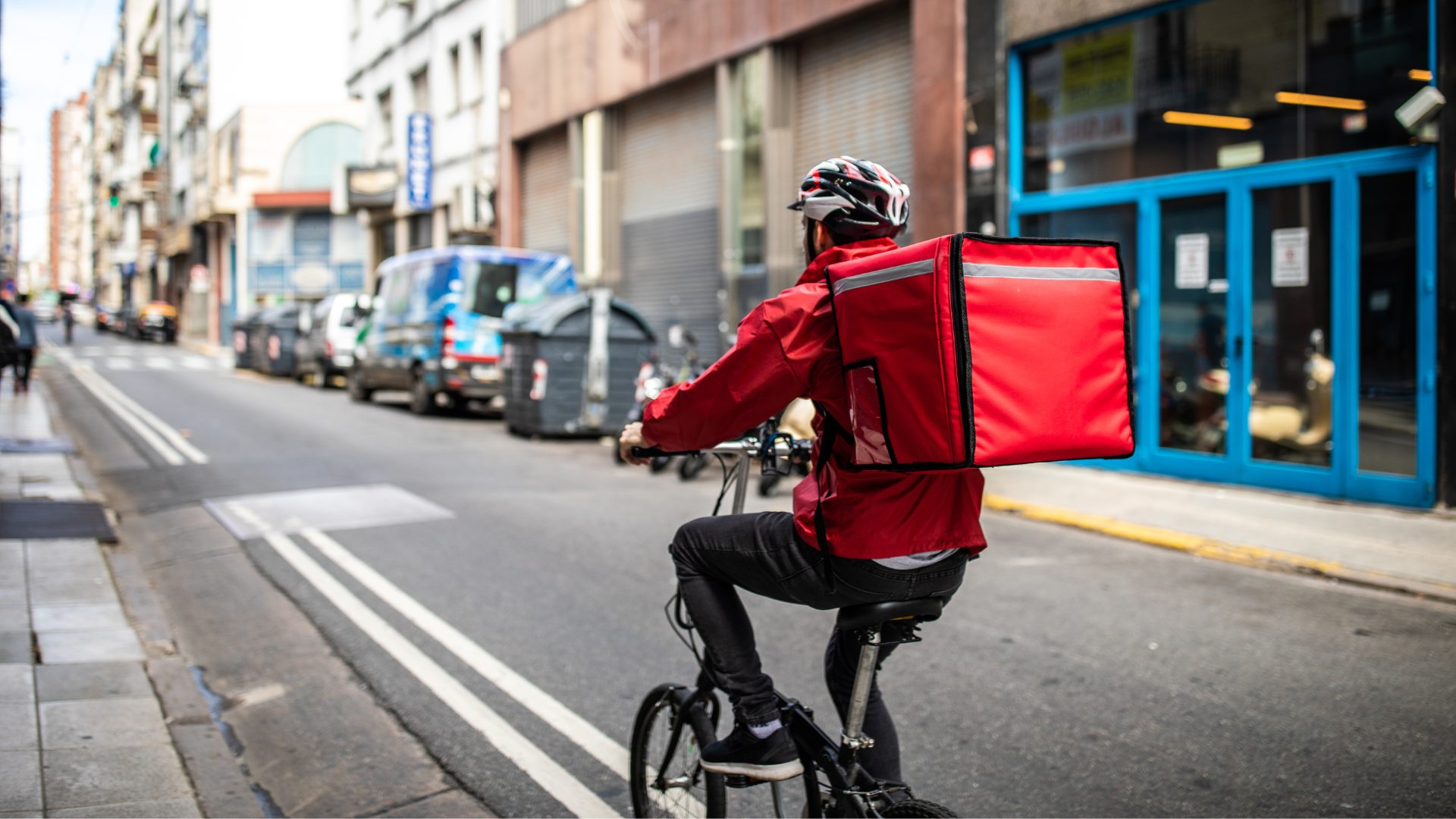Recently, infant formula manufacturer ByHeart expanded its recall linked to potential botulism contamination, renewing concerns about how quickly a crisis can escalate when safety lapses intersect with gaps in communication.
With federal agencies returning to standard operations following the government shutdown, the situation has reinforced the notion that crisis readiness is not an issue to put on the back burner; it’s an integral component of protecting your brand’s reputation.
Jim Wetekamp, CEO of Riskonnect, sat down with The Food Institute to discuss why having a proactive – not reactive – crisis response plan in place is crucial for companies of all sizes.
Reactive vs. Proactive
According to Wetekamp, companies today are evaluated not just on how they respond to a recall, but on the level of preparedness they exhibited beforehand.
“Food, drug, and CPG companies don’t only get judged on the recall itself,” he noted. “They get judged on the readiness they show before one happens.”
One key differentiator between prepared and unprepared brands is a shift from reactive crisis management to a more proactive approach.
Wetekamp explained that historically, recalls were treated as isolated quality failures – issues discovered within a plant that triggered regulatory requirements.
However, modern leaders now “treat recalls as an enterprise-wide scenario, not a quality event,” which should ideally involve safety, legal, supply chain, customer care, communications, and marketing teams from the get-go.
A proactive mindset recognizes that a recall is rarely a standalone event; it’s the final link in a chain of risks that begins upstream.
Companies that build cross-functional response plans, conduct regular tabletop exercises, and monitor leading indicators are often able to contain or prevent crises before they erupt.
As Wetekamp put it, organizations shouldn’t only ask, “How do we contain the bad thing?” They must also ask questions like, “How do we stop the trend that leads to the bad thing?”
The Impact of AI on Crisis Readiness
The rise of artificial intelligence has transformed both the speed and precision involved in crisis management.
Before such tools were available, companies relied heavily on spreadsheets, emails, and manual data-sifting to determine which products, stores, or supply-chain segments were affected.
The result, Wetekamp said, was “slowness due to manual effort,” incomplete information, and significant confusion.
And oftentimes, leaders of food and beverage companies would make decisions based on gut feelings or past personal experiences, as opposed to data.
AI tools enable brands to simulate plausible scenarios, flag emerging threats, summarize issues, generate internal updates, and provide predictive insights based on past incidents and current risk indicators.
In Riskonnect’s framework, for instance, these capabilities fall under “guide, predict, and assist,” where AI shows the landscape, forecasts outcomes, and automates routine tasks like notifications or progress check-ins.
However, Wetekamp emphasized the importance of having human oversight at all times, explaining that AI should augment – not replace – human judgment.
Wetekamp also emphasized the importance of speed and clarity in regards to protecting a brand’s reputation.
Any recall, including ByHeart’s, creates what Wetekamp calls “a race between facts and the narrative,” and the companies that recover best are those that have already established credibility through transparent processes, cross-functional alignment, and thorough preparation.
A Muscle, Not a Manual
For smaller or resource-constrained brands, Wetekamp encourages approaching readiness as a maturity curve rather than an all-or-nothing investment.
Even documenting basic recall plans, expanding cross-departmental coordination, or increasing the frequency of tabletop exercises can strengthen resilience over time.
“Preparedness should be a muscle instead of a manual,” he said – something continually trained, tested, and reinforced before the next crisis hits.
Food for Thought Leadership
This Episode is Sponsored by: Performance Foodservice
How important is it as a food distributor to build a brand for foodservice – especially since consumers may never see or recognize it? Mike Seidel, vice president of procurement at Performance Foodservice Corporate, shares how the company views the development of its existing foodservice brands, including Roma and Contigo, and how they helped in the creation of its most recent Mediterranean concept Zebec.










